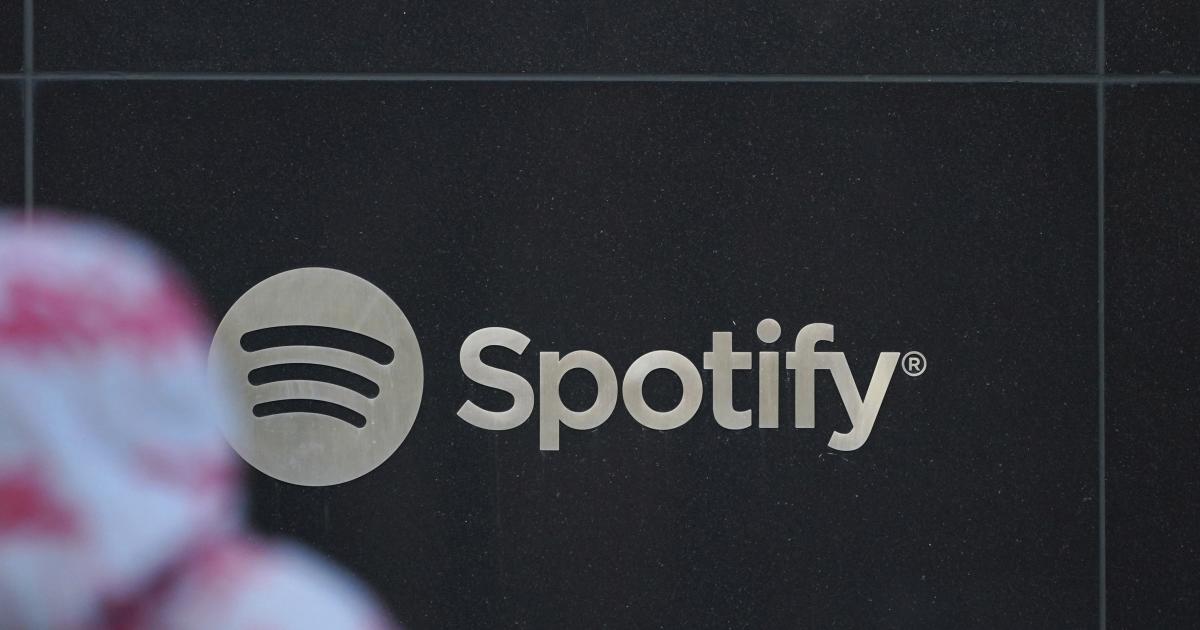In the second quarter of 2023, Spotify saw its million monthly active users (MAU) climb to 551 million after welcoming 36 million new listeners. That represents a 27 percent increase in MAUs and is an all-time high for the streaming giant, which has just published its earnings report. While not all new users signed up for a Premium account, Spotify also had a record-breaking second quarter when it comes to Premium subscriber numbers. It welcomed 10 million paying users — 3 million larger than guidance — and grew its subscriber base by 17 percent year over year. That’s not an all-time high, but it’s also apparently the best Q2 Spotify has ever had in that regard.
Despite the massive influx of new users, Spotify still lost a significant amount of money. Its total revenue for the period is $3.5 billion (€3.2 billion), 11 percent larger than last year’s. However, it also posted an adjusted operating loss of $123.7 million (€112 million). Spotify blamed those losses on the shutdown of its podcast shows, as well as on excess real estate and severance for employees laid off due to company restructuring. If you’ll recall, the audio streaming giant recently made big changes to its podcast strategy and axed several original productions.
According to The Wall Street Journal, Spotify previously told investors that it would be raising prices in order to turn a profit. Indeed, the company just added $1 on top of the old subscription rate, meaning users in the US now have to pay at least $11 a month. Spotify also plans to implement price hikes across markets, including the UK, Canada, Australia, New Zealand and Hong Kong. The company anticipates a slowdown in premium subscription signups due to its higher prices for the third quarter of the year. From having 10 million new paying users in the second quarter, it expects to add 4 million Premium subscribers in Q3. Even so, it believes the price increases will “have a minimal impact on total revenue” and is still expecting to earn $3.65 billion (€3.3 billion) this quarter.
All products recommended by Engadget are selected by our editorial team, independent of our parent company. Some of our stories include affiliate links. If you buy something through one of these links, we may earn an affiliate commission. All prices are correct at the time of publishing.



